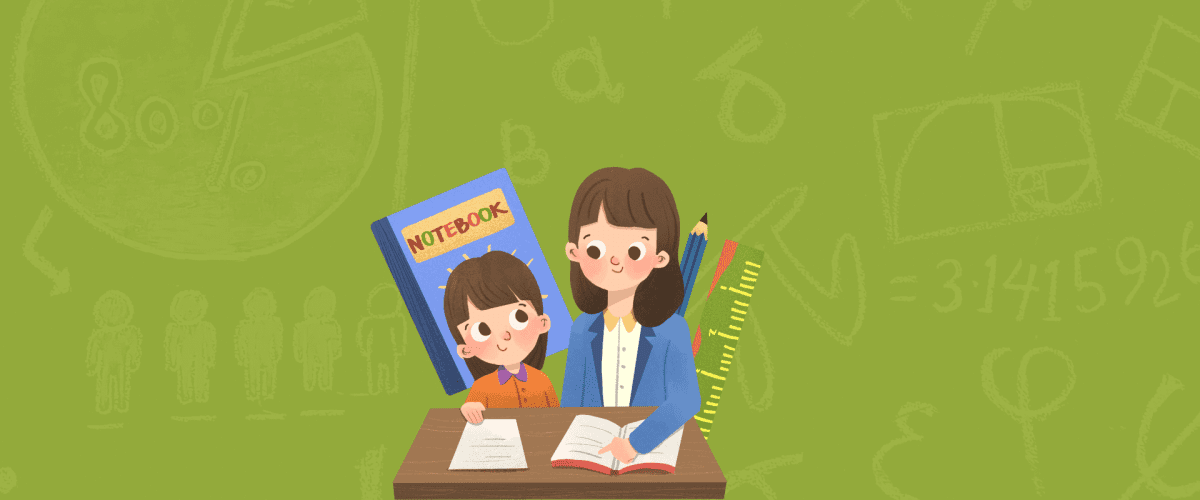It’s summertime! School is out, and the temperatures are rising. While this may be a carefree time for your child, staying on top of their education is also important. Online math help is a great way to keep your child engaged and excited to continue their education throughout the summer. For parents, the summer months […]











